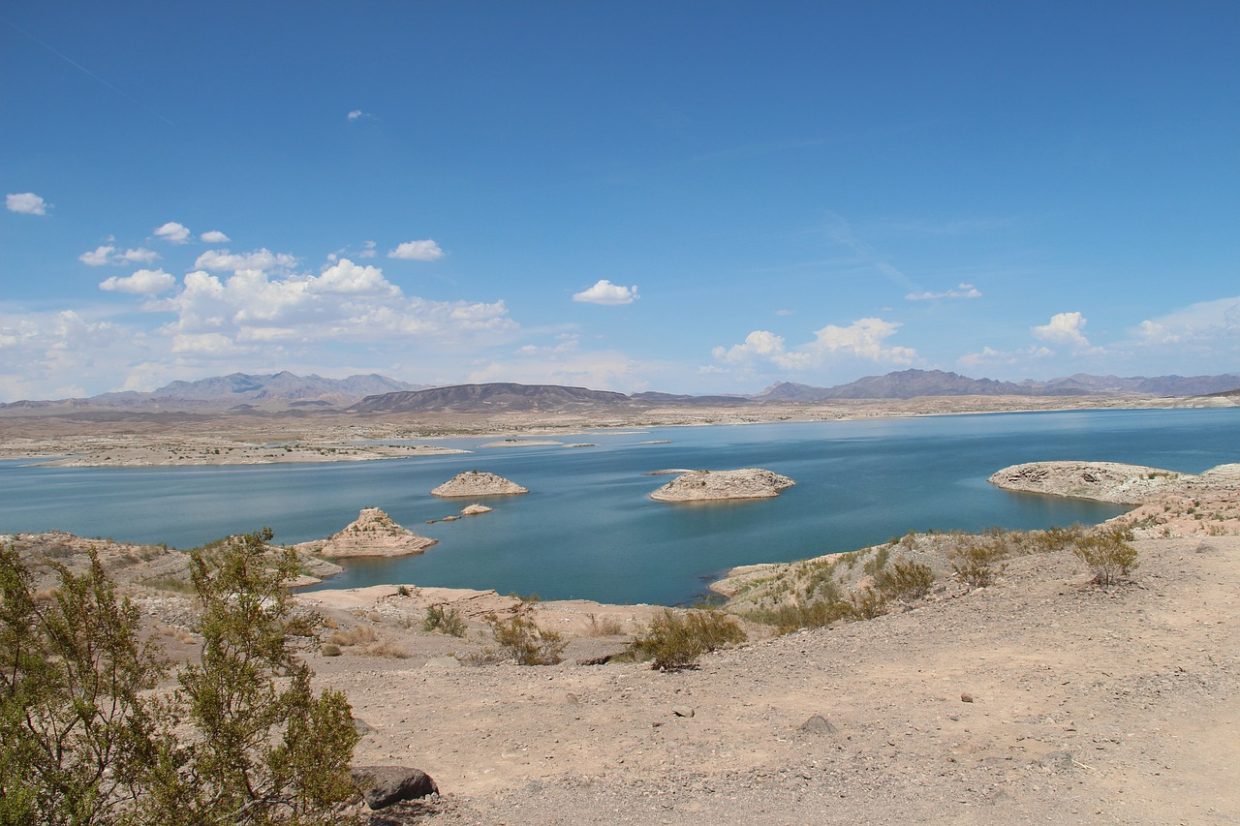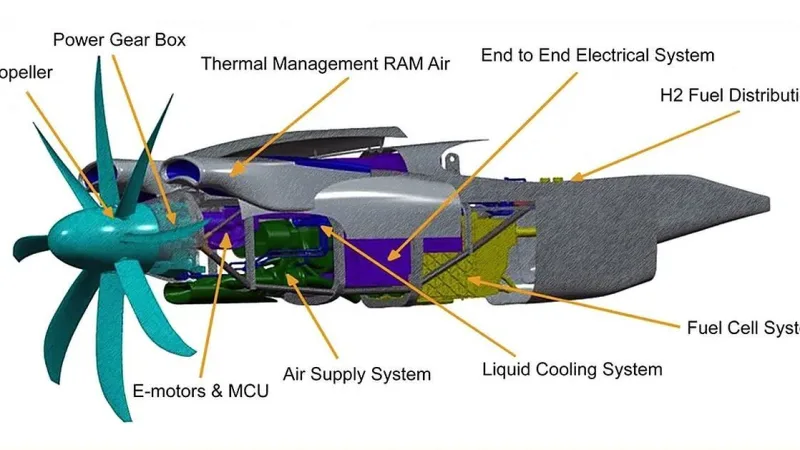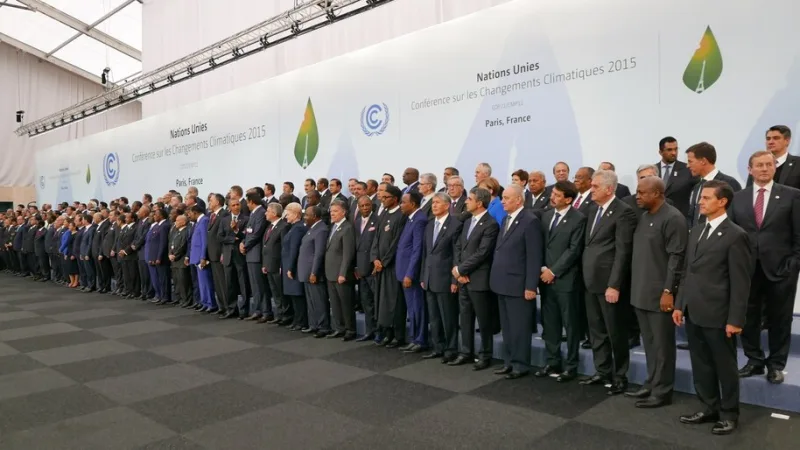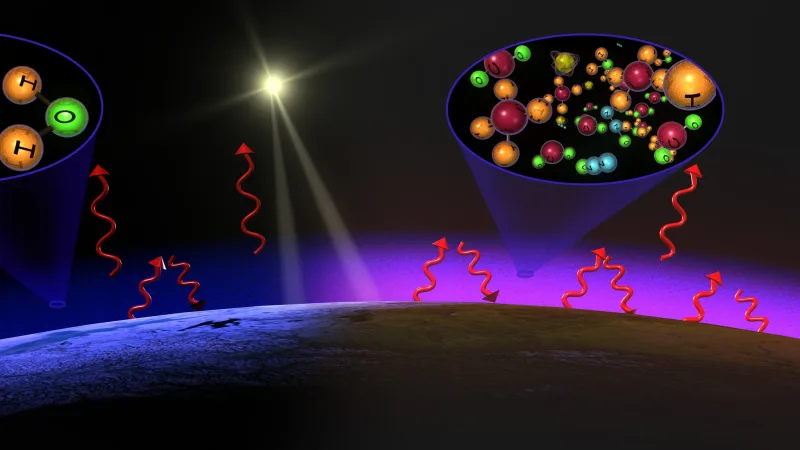Over Half of the World’s Largest Lakes Shrinking Due to Climate Change

A shocking new report from researchers in the May 19 Science journal reveals that more than half of the world’s largest lakes have shrunk over the last three decades. This news has far-reaching and alarming implications. It not only effects the millions of people who rely on freshwater bodies to provide them with drinking water and irrigation, but also the ecosystems and migratory birds who depend for their survival on these dwindling valuable sources of water.
Survey Reveals 600 Cubic Kilometers of Water Loss In 28 Years
The study, carried out by researchers from the University of Virginia in Charlottesville, surveyed satellite observations stretching back to 1992 and found that over 96% of Earth’s total natural lake storage had lost a total of around 600 cubic kilometers of water between then and 2020. This amount is equivalent to 17 times the maximum capacity of Lake Mead, USA’s largest reservoir.
Climate Change and Human Consumption to Blame
One co-author on the paper is surface hydrologist Fangfang Yao from UVA. She concluded that 27% of Earth’s population live in regions affected by these losses. She also explained that climate change plus human demand for water are primarily responsible for the disproportionate decrease in volume seen in natural lakes, while sediment build-up is to blame for changes within reservoirs.
By casting light on this phenomenon, Yao hopes the report will motivate greater protection and conservation efforts for these threatened freshwater bodies which are essential both economically and ecologically.






